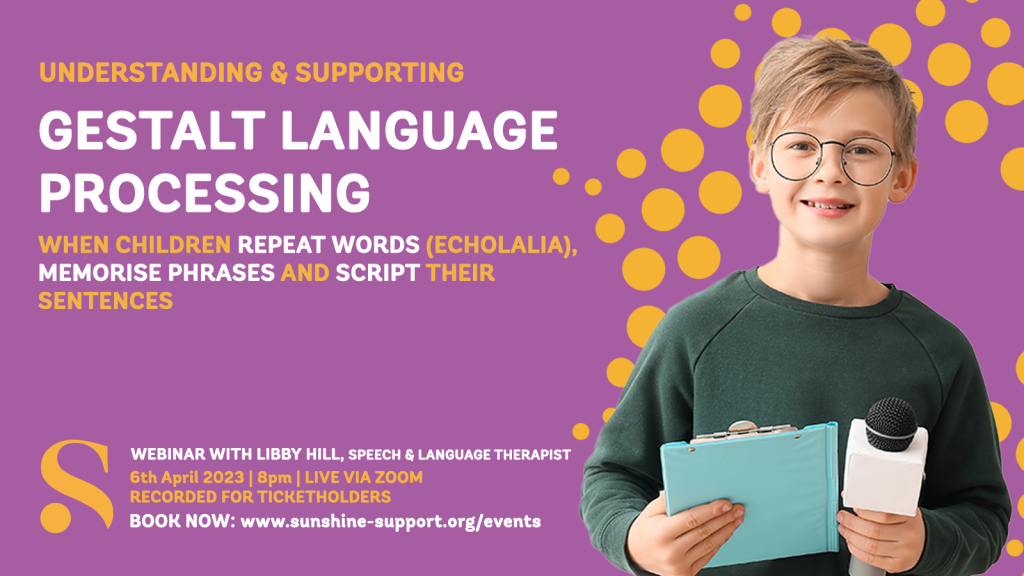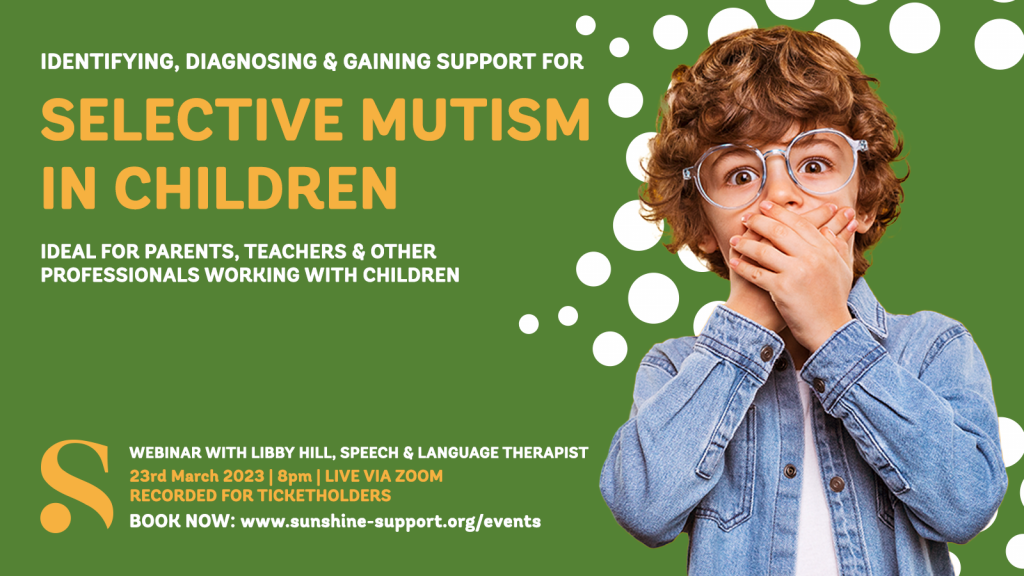
The Shocking Statistics…
Many autistic people struggle with their mental health. Research shows over 40% of autistic people have anxiety disorders (Tantam & Girgis, 2009; Hollocks et al 2019) and approximately 30% of autistic people have depression (Ghaziuddin et al 1998, Hollocks et al 2019). Other mental illnesses, such as psychosis and eating disorders, to name a few, are common in autistic people too.
I have struggled with my mental health since around the age of 13. I think being autistic has definitely made things worse. I dislike change, a common feature in autism, so the thought of getting better, while it is ultimately what I want, is absolutely terrifying. Accessing help is also really difficult, because I struggle with talking to strangers, especially about personal topics when I do not know the person, and it takes a lot longer to become comfortable around professionals than it does for my non-autistic peers.
I have been lucky that most of the professionals I have encountered have understood at least the basics of autism and have tried to be accommodating, but I have had situations where people have insisted on eye contact or claimed they are learning about autism through me, which is really concerning when you think about it.

Poor Services and a huge lack of understanding…
Mental health services seem unknowledgeable or even fearful when it comes to autism and autism services seem mostly unknowledgeable about how mental illness is common in autistic people. No one seems to see the link between the two. Being always seen as an outsider, being bullied for the differences people see in autistic people or masking to hide these differences all massively affect your mental health. Things can then be made even more difficult by a mental illness. Eventually enough is enough. Autistic people are 7 to 9 times more likely to die by suicide (Hirvikoski et al, 2016) and 66% have considered it (Cassidy, 2014).
I think finding professionals who properly understand autism and have more than just a superficial knowledge of it has been incredibly helpful in my case, but this is not a luxury afforded to many unfortunately.
A calm and quiet environment is much more beneficial than the noisy and disruptive environments typical of hospitals and other places where people try to access help. Some professionals do not understand the extent of the problem when autistic people mask their issues. Often things can be a lot worse than they seem. This is regularly not picked up on and is extremely detrimental to autistic people’s mental health, as they do not receive the support they need. This is exacerbated by some autistic people’s inability to express how they feel in a way non-autistic professionals understand. Professionals need to be a lot more knowledgeable on autism in general.
Light at the end of the tunnel…
Mental illness may always be common in autistic individuals, but there is a lot of things we can do to help reduce the intensity and duration of suffering. There is a light at the end of the tunnel, as impossible as it is to see, so always reach out for help when you need it. As someone once told me, mental health may continue to be part of your journey, but it does not have to define your life.

We are here to help you through your SEND journey…
Click here to see our FREE resources
Click here to request a FREE consultation from one of our team
Some useful webinars to attend:







